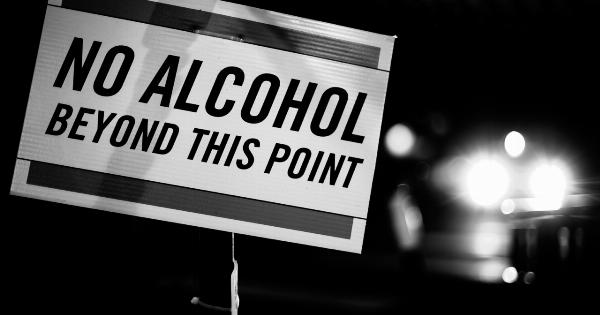We all know sugar can be addictive. From the sweet taste of a chocolate chip cookie to the refreshing sensation of an ice-cold soda, sugar has a way of satisfying our cravings and keeping us coming back for more.
But what happens when we consume too much sugar? It can lead to a sugar overload, which can have detrimental effects on our health and well-being. If you’re looking to get back on track and reduce your sugar intake, here are three easy ways to do so.
1. Read Food Labels
One of the easiest ways to reduce your sugar intake is to start reading food labels. Many of us are unaware of just how much sugar is lurking in the foods we consume on a daily basis.
Sugar can be found in unexpected places, such as pasta sauce, salad dressings, and even bread. By reading food labels, you can identify hidden sources of sugar and make more informed choices about what you eat. Look out for terms like glucose, fructose, sucrose, and corn syrup, as these are all different names for sugar.
2. Opt for Natural Sweeteners
Instead of reaching for the refined sugars found in processed foods and beverages, consider opting for natural sweeteners.
Natural sweeteners like honey, maple syrup, and stevia can add sweetness to your meals and drinks without the negative effects of refined sugar. These alternatives are often lower in calories and have a lower glycemic index, meaning they won’t cause your blood sugar levels to spike as quickly.
While natural sweeteners are still sugar, they offer a slightly healthier option and can help reduce your overall sugar consumption.
3. Gradually Reduce Sugar Intake
Going cold turkey and eliminating all sugar from your diet can be challenging and unsustainable for many people. Instead, try gradually reducing your sugar intake over time. Start by decreasing the amount of sugar you add to your coffee or tea.
Swap out sugary snacks for healthier alternatives like fresh fruit or nuts. Gradually cutting back on sugar allows your taste buds to adjust and makes the transition to a lower sugar diet more manageable.
It’s important to note that some people may experience withdrawal symptoms when reducing sugar intake, such as headaches or mood swings. If you’re concerned about these symptoms, consult with a healthcare professional.
Conclusion
Sugar overload can have detrimental effects on our health and well-being.
By becoming more aware of the sugar content in the foods we consume, opting for natural sweeteners, and gradually reducing our sugar intake, we can take steps towards getting back on track. Remember, small changes can make a big difference. Take control of your sugar consumption and reap the benefits of a healthier lifestyle.





























